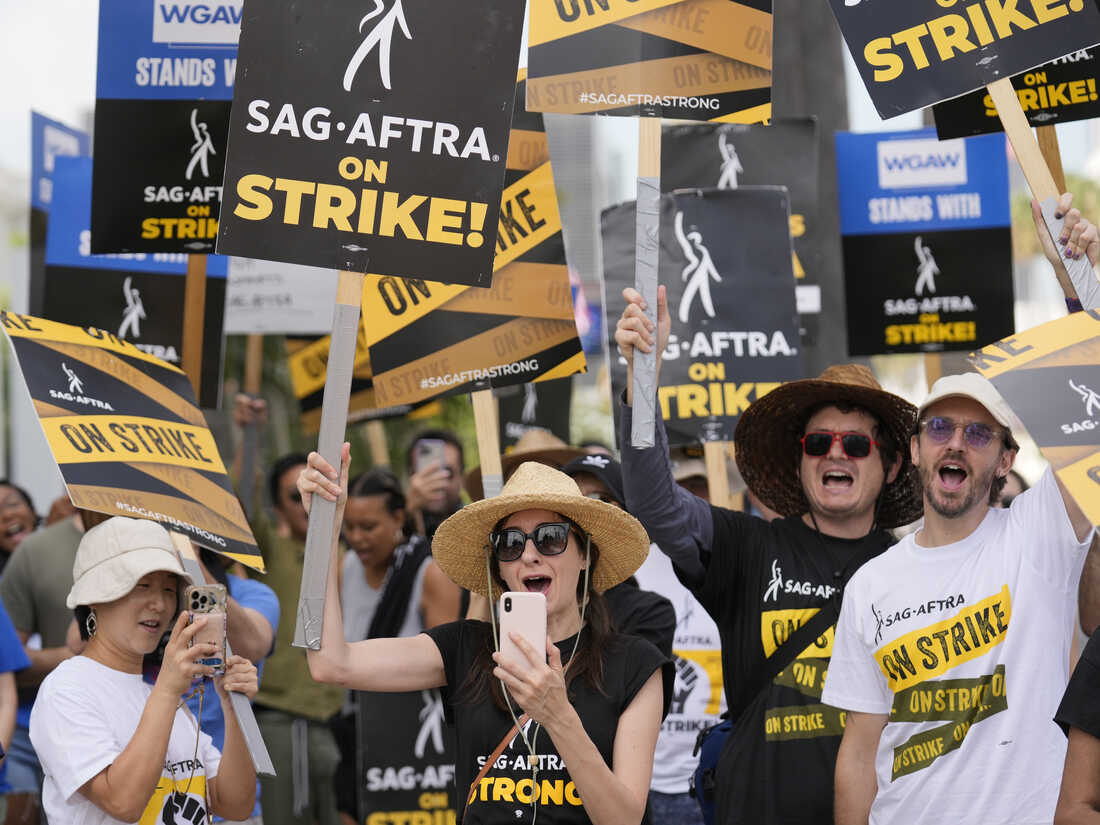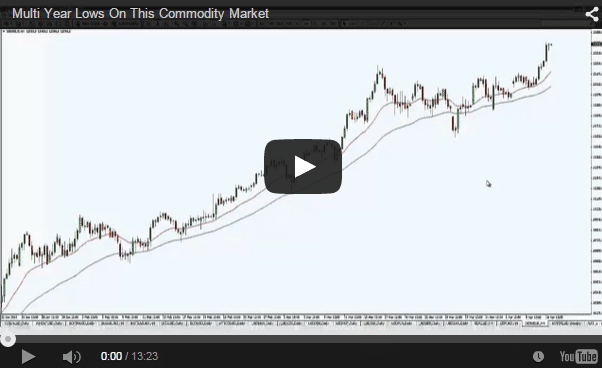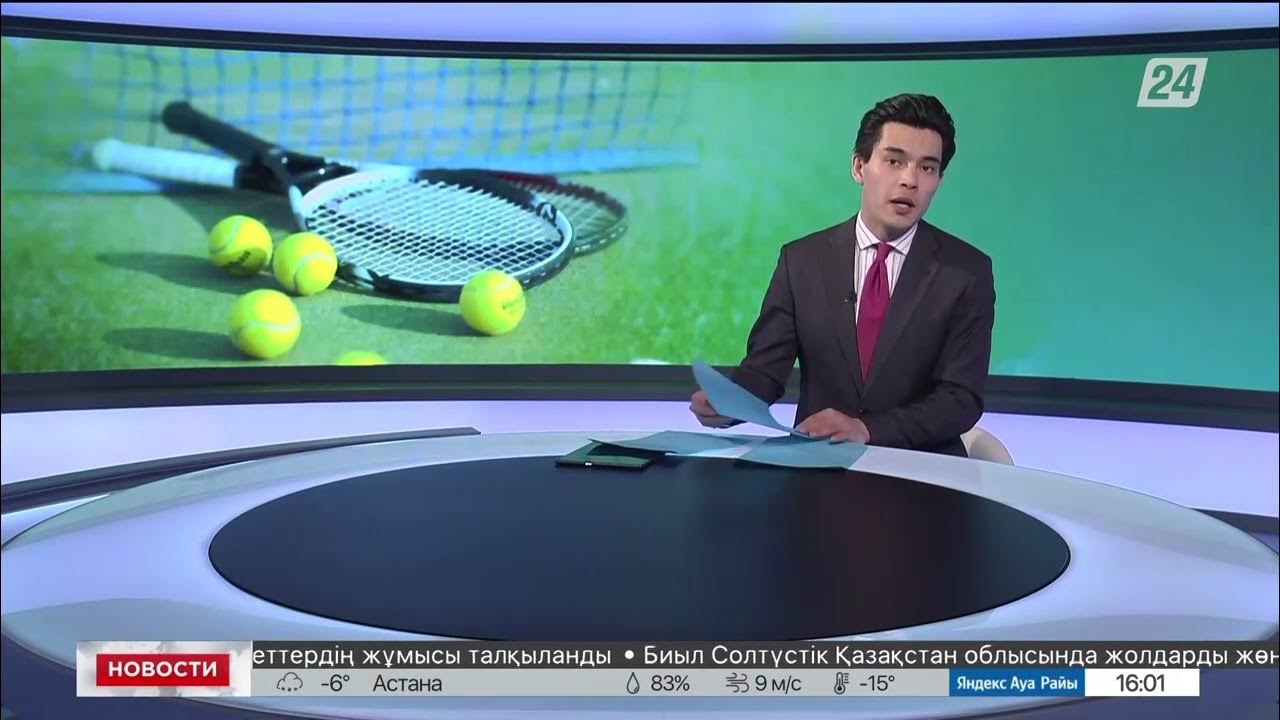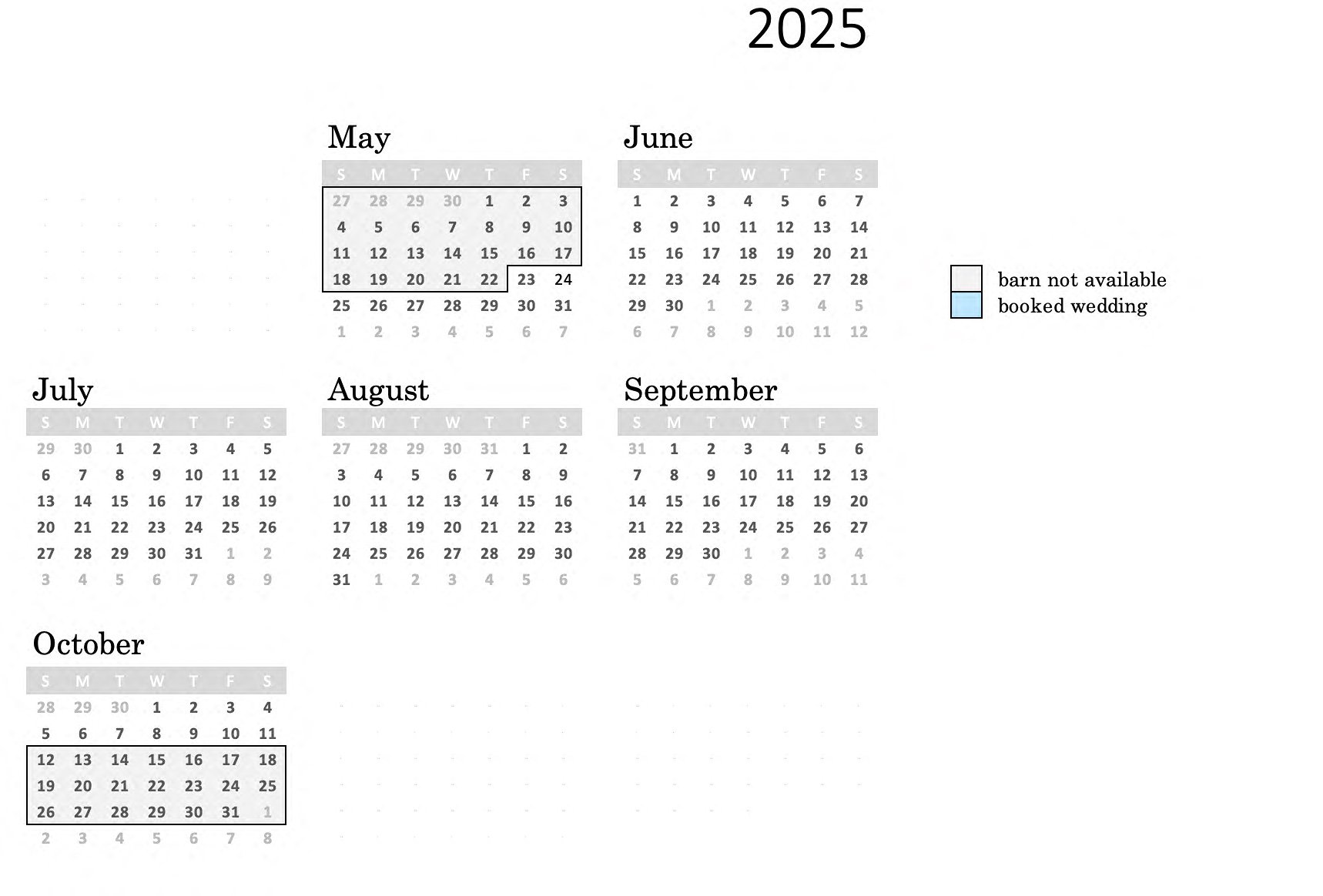Actors And Writers Strike: Hollywood Faces Unprecedented Production Halt

Table of Contents
Key Demands of the Actors and Writers Strike
The Actors and Writers Strike is fueled by a range of critical issues, highlighting the growing disparity between the massive profits of streaming platforms and the compensation received by those who create the content.
Fair Compensation and Residuals
The current system of residuals, payments to actors and writers for the continued use of their work, is woefully inadequate in the streaming era. Traditional broadcast television provided predictable residuals based on viewership. Streaming platforms, however, often lack transparency regarding viewership figures and revenue distribution. This lack of transparency directly impacts the income of actors and writers, who often receive significantly less for their work on streaming services than they did on traditional television. The fight for fair compensation centers around securing a fairer share of streaming revenue.
- Lack of transparency in streaming revenue: Studios often refuse to share precise data on viewership and profits.
- Demand for increased minimums: Actors and writers are pushing for significant increases in minimum pay rates to reflect the rising cost of living and the increased demands of their work.
- Fairer distribution of residuals from streaming platforms: The unions are seeking a system that ensures equitable compensation for the continued use of their creative work on streaming services. The current system often leaves writers and actors with minimal payment, despite the massive global reach of their work. Examples include the significantly lower residuals earned from a successful Netflix series compared to a similarly successful network television show.
Protecting Creative Control and Artificial Intelligence Concerns
A major concern for both writers and actors is the burgeoning use of Artificial Intelligence (AI) in content creation. The WGA is particularly concerned about the potential for AI to replace human writers, generating scripts and storylines without proper compensation or creative input from human writers. SAG-AFTRA shares these concerns, expressing anxieties about the use of their likenesses and performances in AI-generated content without consent or appropriate compensation. This leads to demands for creative control and safeguards against AI exploitation.
- AI-generated scripts: The writers' strike emphasizes the need for human oversight and control in the scriptwriting process, protecting against AI replacing writers completely.
- Use of AI to replace actors: Actors fear that AI could be used to create deepfakes and other digital representations of their performances, undermining their livelihoods and creative control.
- Demands for contract clauses protecting against AI usage: The unions are seeking specific protections within their contracts to prevent the unauthorized use of their work and likenesses by AI technologies.
The Impact of the Strike on Hollywood Productions
The Actors and Writers Strike has brought Hollywood to a near-complete standstill, with widespread consequences for the industry and beyond.
Production Delays and Cancellations
Countless film and television projects are on hold, resulting in significant production delays and outright cancellations. This includes major studio productions, independent films, and network television shows. The economic consequences are staggering, impacting studio revenue, impacting investors and potentially leading to job losses across various sectors.
- List of delayed/cancelled shows and movies: Numerous high-profile projects have been impacted, ranging from late-season network shows to major franchise films, resulting in significant financial losses for studios.
- Impact on studio revenue: The prolonged strike is expected to have a devastating impact on studio revenue, with billions of dollars potentially lost.
- Job losses in related industries: The ripple effect extends beyond actors and writers to include countless crew members, set designers, and other support staff whose livelihoods depend on active productions.
Ripple Effect on Related Industries
The impact of the strike extends far beyond the entertainment industry itself. Local businesses that depend on film productions for revenue, such as catering companies, hotels, and transportation services, are feeling the pinch. Furthermore, tourism in popular filming locations is also suffering, as productions are canceled or delayed, impacting the local economies significantly.
- Job losses in supporting industries: Thousands of workers in supporting industries are experiencing unemployment or reduced work hours due to the strike.
- Impact on local economies: The economic impact extends to communities that rely heavily on film production for revenue, job creation and tourism.
- Tourism downturn in filming locations: Popular filming locations around the world are seeing a significant decrease in tourism due to the halt in productions.
Potential Resolutions and Long-Term Implications
The negotiations between the unions and the studios are complex and fraught with challenges.
Negotiation Challenges and Potential Outcomes
The key sticking points in the negotiations include fair compensation models for streaming services, the implementation of safeguards against AI, and securing better working conditions. Potential compromise solutions could involve a tiered system of residuals based on streaming viewership and revenue, specific regulations on AI usage in content creation, and an increase in minimum pay and benefits. The outcome could lead to significant long-term changes in the entertainment industry structure, impacting the relationship between studios and creatives.
- Key sticking points in negotiations: The core issues revolve around fair compensation for streaming content, AI usage, and overall working conditions.
- Potential compromise solutions: Compromises may involve modified residual structures, clearer guidelines for AI use, and improved benefits for actors and writers.
- Long-term industry restructuring: This strike could lead to fundamental changes in the way the entertainment industry operates, including changes in contract negotiations, revenue sharing models and use of technology.
The Future of Film and Television
The Actors and Writers Strike could fundamentally reshape the future of content creation. While AI’s increased use is a significant concern for unions, it may become increasingly integrated into the production process, regardless of the outcome of the strike. Streaming platforms will need to re-evaluate their business models to ensure a sustainable relationship with creative talent.
- Potential changes in production models: The strike could lead to innovations in production models, potentially including more independent productions or alternative funding mechanisms.
- The future role of AI in entertainment: Despite union concerns, AI’s use in entertainment will likely continue to evolve, requiring careful consideration of ethical and labor-related implications.
- Re-evaluation of streaming business models: Streaming platforms may need to adjust their revenue-sharing models to ensure fair compensation for writers and actors, reflecting the true value of their creative work.
Conclusion
The Actors and Writers Strike represents a pivotal moment in the entertainment industry. The unprecedented shutdown highlights crucial issues regarding fair compensation, creative control, and the impact of technological advancements. The outcome of these negotiations will not only shape the immediate future of Hollywood but also determine the long-term landscape of film and television production. Staying informed about the Actors and Writers Strike and its progress is essential for anyone interested in the future of entertainment. Follow the news closely and engage in discussions to understand the complexities of this vital conflict and its implications for the industry.

Featured Posts
-
 Memorial Day Travel Gas Prices At Multi Year Lows
May 23, 2025
Memorial Day Travel Gas Prices At Multi Year Lows
May 23, 2025 -
 Kazakhstan V Tretiy Raz Vyshel V Final Kubka Billi Dzhin King
May 23, 2025
Kazakhstan V Tretiy Raz Vyshel V Final Kubka Billi Dzhin King
May 23, 2025 -
 Grand Ole Opry A London Premiere At The Royal Albert Hall
May 23, 2025
Grand Ole Opry A London Premiere At The Royal Albert Hall
May 23, 2025 -
 Award Winning French Cinema A Film Week In Seoul And Busan
May 23, 2025
Award Winning French Cinema A Film Week In Seoul And Busan
May 23, 2025 -
 Hamiltons Words A New Chapter In The Mc Laren Hamilton Saga
May 23, 2025
Hamiltons Words A New Chapter In The Mc Laren Hamilton Saga
May 23, 2025
Latest Posts
-
 Tulsa King Season 3 Will Neal Mc Donough Return Sylvester Stallones New Look And Filming News
May 23, 2025
Tulsa King Season 3 Will Neal Mc Donough Return Sylvester Stallones New Look And Filming News
May 23, 2025 -
 What Date Is Memorial Day In 2025 Planning Your Three Day Weekend
May 23, 2025
What Date Is Memorial Day In 2025 Planning Your Three Day Weekend
May 23, 2025 -
 Sylvester Stallones Tulsa King Season 3 Neal Mc Donoughs Return And Latest Updates
May 23, 2025
Sylvester Stallones Tulsa King Season 3 Neal Mc Donoughs Return And Latest Updates
May 23, 2025 -
 Memorial Day Weekend 2025 Date And Significance Of The Us Holiday
May 23, 2025
Memorial Day Weekend 2025 Date And Significance Of The Us Holiday
May 23, 2025 -
 Is It Going To Rain In Nyc During Memorial Day Weekend
May 23, 2025
Is It Going To Rain In Nyc During Memorial Day Weekend
May 23, 2025
